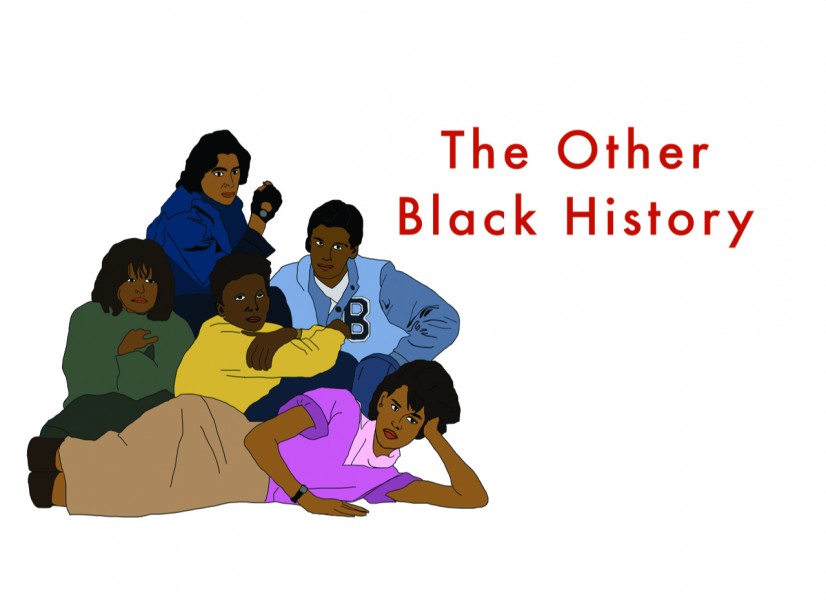Tulane professor attempts to correct revisionist history with new play
Whether it was your favorite subject or the one you dreaded sitting through the most, many can recall having to take a history or humanities class every year of grade school. And because, in the U.S., we’re all about America all the time, this course requirement typically includes an American History class. In this journey through U.S. History, some topics, like the Constitution, are taught in grave detail, but others, like slavery and Jim Crow laws, are simply glossed over.
So why is it that the 116 days spent writing and approving the Constitution are given more attention than a phenomenon that occurred throughout most of American history? Some would say this is a good thing, that it is best to focus on our achievements as a nation than on our downfalls. Others, like Flint Mitchell, would argue otherwise.
Mitchell is an adjunct professor of public health at Tulane, vice president at the Louisiana Children’s Research Center for Development and Learning, and recently wrote a play titled “The Other Black History.”
Mitchell’s main motivation for writing this play was to “teach a more comprehensive and accurate black history rather than the revisionist history that is being taught in schools.” He is also concerned about the lack of civic engagement, namely voter turnout, in the black community.
“During the time that the Civil Rights Movement was big and active in the 50’s and 60’s, every person of color was involved, little children to adults. They may not have been marching, you know. But they were all involved or at least aware,” Mitchell said.
He hopes to spark this same kind of involvement in activism with his play, which is a modern-day, educational spin on “The Breakfast Club.”
“My theory was that if people knew more about that intimate history that they would perhaps be more involved, which compelled me to figure out a way to message that to individuals,” Mitchell said.
The “Breakfast Club” setup was an opportunity for Mitchell to have an authority figure, the detention monitor, that was able to present the “more accurate” history to a group a students, since his focus area is youth education. This setup also helped Mitchell stay within his budget.
“I learned quickly that the average small production costs $12,000 or so to put on, and we were given a budget of $6,000. ‘The Breakfast Club’ really has a simple set, it’s just a classroom. It doesn’t require a whole lot … some desks, maybe a blackboard, and I could simulate a classroom,” Mitchell said.
“The Other Black History” is not just intended for a black audience or a young audience. Mitchell wrote the play with a diverse audience of all ages in mind.
“Children, youths, adults, blacks, whites, people of color, old, young, it doesn’t really matter,” Mitchell said. “History is history.”
“The Other Black History” will run Feb. 22-25 at Ashé Cultural Arts Center.
Your donation will support the student journalists of Tulane University. Your contribution will allow us to purchase equipment and cover our annual website hosting costs.

















Leave a Comment